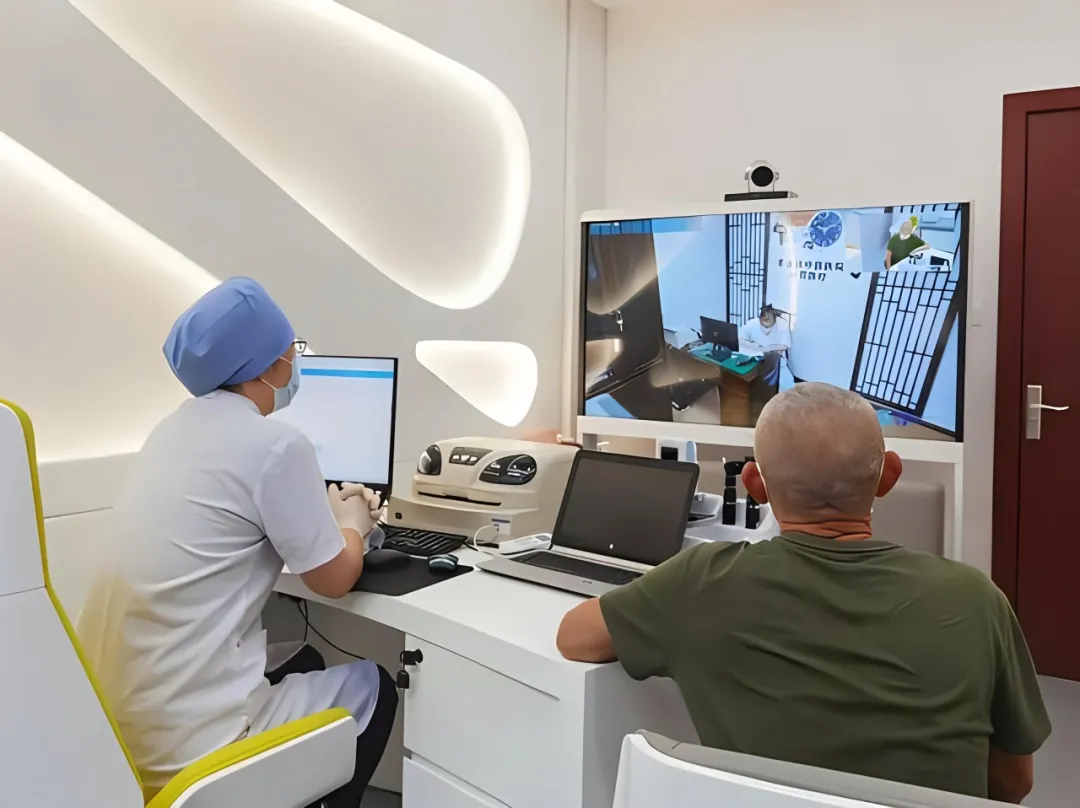In today's rapidly advancing scientific and technological landscape, healthcare services are gradually improving. Traditional medical consultation models face various limitations, such as inconvenient transportation and uneven distribution of medical resources. Remote medical consultation platforms offer a new way of communication and diagnosis. For patients residing in remote and underserved areas, remote healthcare provides a more convenient pathway for medical services, significantly saving both doctors' and patients' time and money.
Remote medical consultation platforms are the result of the integration of technology and medical expertise. They are built on a foundation of computer, communication, medical technology, and equipment. By facilitating the transmission, storage, retrieval, comparison, and sharing of medical data, as well as remote video and audio information, these platforms enable virtual "face-to-face" consultations between experts, patients, and healthcare professionals across different locations.

The hardware components of remote medical consultation platforms primarily focus on aspects such as cameras, displays, audio, networking, computing devices, and security equipment, ensuring stable, efficient, and secure consultations. The Qiyang i.MX8M Mini core board is designed and developed based on the NXP i.MX8M Mini high-performance, low-power processor, offering excellent graphics, video, and audio capabilities. With its abundant interface resources, it meets the hardware requirements of remote medical consultation platforms.
(11) (2).jpg)
The core board adopts a quad-core Cortex-A53 + single-core Cortex-M4 architecture, with a maximum frequency of 1.8GHz, providing powerful computing and multitasking capabilities, supporting functions such as image processing and data transmission for remote consultation platforms. The Cortex-M4 core features low power consumption and high performance efficiency, offering reliable real-time processing capabilities to ensure the stability and accuracy of remote consultation platforms when handling real-time data.
The core board provides various audio interfaces, ensuring clear and stable communication between doctors and patients during consultations, accurately conveying medical information, and providing medical advice. It supports MIPI display, enabling connection to high-definition screens for clear image display, thus improving diagnostic accuracy and the quality of medical services. Additionally, it supports CSI camera interfaces for connecting cameras, facilitating remote video consultations.
Remote consultation platforms typically require the display of medical imaging data such as X-rays and CT scans. The core board's integrated 2D/3D GPU graphics accelerator effectively enhances image rendering performance, ensuring smoother and clearer display of medical images during remote consultations.
Support for 1080p60 H.265 and VP9 video decoding enables high-definition display of patients' medical imaging data and surgical videos, aiding doctors in precise diagnosis and the formulation of effective treatment plans.
Various communication methods such as WiFi, Bluetooth, and Gigabit Ethernet are supported, providing flexible network connectivity options to meet the platform's requirements for medical data transmission and multi-party consultation participation, thereby enhancing efficiency and accuracy in information sharing and diagnostic decision-making.
With abundant interface resources, the platform supports the expansion and customization of various functionalities, enabling remote consultation platforms to have more features and applications, thereby providing medical professionals and patients with more convenient and efficient remote medical services.



